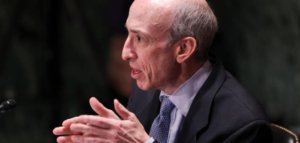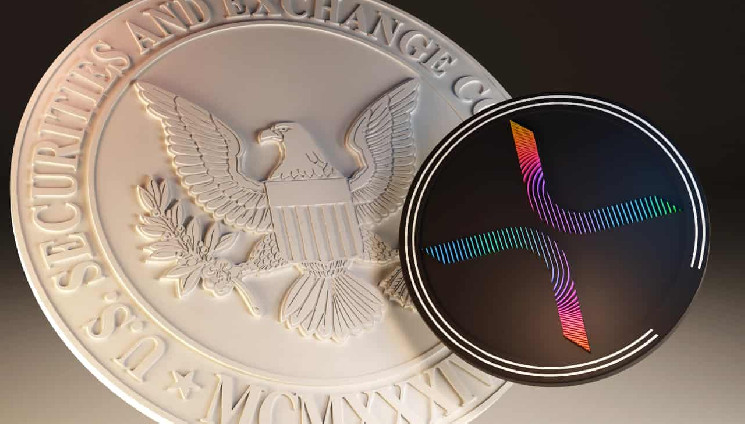Beneath the cryptocurrency market’s optimism that arose from Donald Trump’s re-election and the associated bull run, there is no shortage of confusion about what his re-election will mean for the industry and the economy more broadly.
While there is little doubt that the incoming administration is vocally far more favorable to digital assets than the outgoing one, the exact policy – and the exact effects of the hypothetical policies – remain uncertain.
In this climate, the fate of the Federal Reserve’s FedNow system, a potential U.S. central bank digital currency (CBDC), and Ripple Labs has again come to the forefront.
What will happen to Fed and Ripple under Trump
Something of a double narrative has emerged in November. On the one hand, Donald Trump pledged to prevent the creation of an American digital currency, seemingly adopting the view held among some Republicans that such a development would be part of an enhanced financial surveillance system.
Simultaneously, years-old rumors that Ripple’s XRP and XLM are being considered as the systems that could power the blockchain aspects of FedNow are resurfacing, frequently with the ‘breaking’ qualifier.
The source of this rally was not lost on Ripple’s CEO Brad Garlinghouse who tweeted on November 21 that he is thankful for Gary Gensler’s announced January 20 resignation.
This Thanksgiving, I’m thankful for… https://t.co/FHDPaRnRkU
— Brad Garlinghouse (@bgarlinghouse) November 21, 2024
This outlook that with or without a partnership with the Federal Reserve, the coming years will be good for XRP is prevalent across the crypto community. For example, Ali Martinez, a prominent digital assets on-chain analyst on X, opined that Gensler’s departure could propel the token to $2, as reported by Finbold earlier on November 22.
Could the Trump administration backfire on crypto investors?
Finally, it is worth pointing out that all the rhetoric and the expectations – which are, by all accounts, optimistic – could still be a road to nowhere.
While Donald Trump has promised to make the U.S. a cryptocurrency capital, the track records of various actors in the legislative and executive branches of the government – including prominent digital assets advocates – could be described as hypocrisy and maliciousness at worst and incompetence and naivety at best.
Representative Tom Emmer, who in approximately six months went from shielding FTX from an SEC probe to bashing Chair Gensler for not investigating earlier, is the first to come to mind.
While past performance is no guarantee of future success, examples such as the gentleman from Minnesota highlight the underlying uncertainty and warn that bullish rhetoric need not translate into bullish outcomes.
Read the full article here









